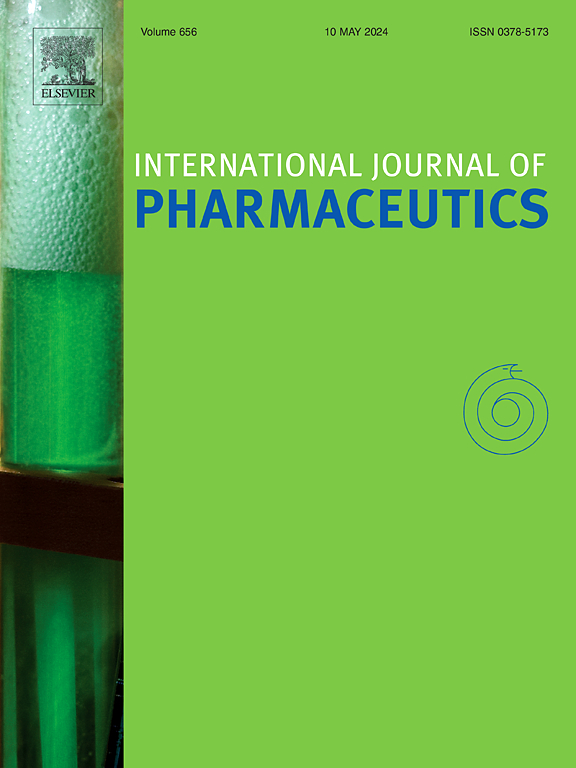Liposomes-mediated enhanced antitumor effect of docetaxel with BRD4-PROTAC as synergist for breast cancer chemotherapy/immunotherapy
Xixi Chen, Fang Li, Weiliang Chen
Abstract
It has been reported that proteolysis-targeting chimeras (PROTACs) can effectively degrade intracellular oncogenic proteins, providing an ideal strategy for cancer treatment. ARV825, a bromodomain-containing protein 4 (BRD4)-PROTAC, has demonstrated the capacity to enhance the antitumor effect of the classic chemotherapeutic agent docetaxel (DTX). However, there are three major challenges to the broader in vivo application of ARV825: poor solubility, poor permeability, and off-target effects. Additionally, the efficient co-delivery of ARV825 and DTX to tumor tissues for a synergistic therapeutic effect remains unresolved. In this study, liposomes were utilized as co-delivery vehicles for ARV825 and DTX to effectively address these issues. The well-established liposomes significantly improved the solubility of both ARV825 and DTX while maintaining a sustained release profile in blood-mimetic conditions. The co-loaded liposomes accumulated in tumor tissues via the enhanced permeability and retention (EPR) effect. After internalization, ARV825 effectively degraded intracellular BRD4 proteins and downregulated the expression of both Bcl-2 and PD-L1 proteins, thereby increasing tumor cell apoptosis and enhancing the tumor immune response. This, in turn, augmented the antitumor effect of DTX in vivo without undesired side effects. In conclusion, BRD4-PROTAC may serve as a promising synergistic agent alongside the conventional chemotherapeutic agent DTX, with liposomes functioning as effective co-delivery vehicles.





